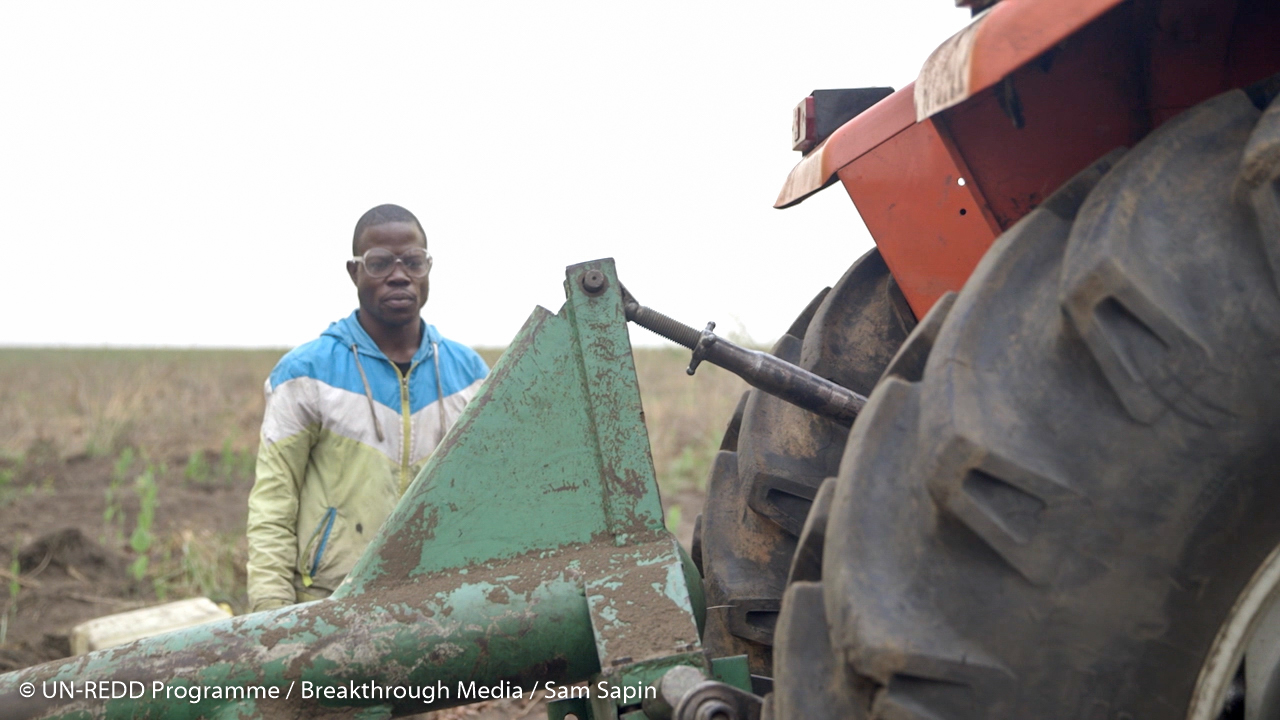18 May 2017
CAFI launches request for proposals for incubators in DRCongo and Gabon
As part of its strategy to establish partnerships with the private sector to build a green deforestation-free economy in Central Africa in support of a broader program of REDD+ activities, CAFI is considering setting up and funding an incubator-accelerator, with an initial focus on the Democratic Republic of the Congo and Gabon, to identify local companies and business partners and facilitate the development of new investment projects.
Today CAFI, through UNDP, invites propositions to undertake a feasibility study for such incubator / accelerator. The lack of identification of investment-ready projects and local partners are important constraints to foreign investors. Most investors do not necessarily have offices or local presence in Central Africa and therefore may require support to develop bankable projects and investments opportunities, as well as to identify reliable and competent local business partners. This potential incubator / accelerator will lay the foundation for a pipeline of investable enterprises and projects, and ultimately, link this pipeline to a sizeable blended-finance facility that will catalyze donor/development finance institutions and private sector funding.
The incubator may serve as a stand-alone technical assistance/incubation mechanism, or may be linked to a tailored blended-financing platform that would support the portfolio of incubated enterprises. Among other potential services, the incubator could provide technical assistance, dissemination of sustainable technical models, design of sound business plans, access to inputs needed to start activities, and support in securing land tenure or other critical interface with the government and the enabling ecosystem.
Given the high risk nature of such an incubation/acceleration platform in some Central African countries, CAFI is pursuing a phased approach that includes:
- An immediate upfront feasibility study to assess the need for and scope the potential parameters of the incubator/facility
- A “proof of concept” pilot to test key elements of the approach in the DRC in the 2017-2018 timeframe and a detailed business plan for incubator/facility institutionalization and scale-up
- The launch of the incubator (and/or linked blended-finance facility) at scale with significant funding catalyzed from the private sector and donors.
The feasibility study will include:
- Objectives: Refine and clarify incubator/facility objectives
- Value proposition: test and clarify key elements of incubation/acceleration services to be provided
- Opportunity definition/segmentation: Develop a segmentation of and high level selection criteria for the potential pipeline of eligible projects/enterprises focusing on low risk opportunities
- Demand sizing: test assumptions for potential demand (i.e. rough sizing of potential deal flows)
- Resourcing: model the potential financial and resourcing requirements for the incubator (including implications for incubator reach, impact, and potential for catalyzing funding)
- Sustainability approach: develop high level view on sustainability / exit strategy
- Governance & management options: options for how governance and management can be set up
- Risks and mitigation approaches: identify key risks and mitigation approaches
- Rigorous selection criteria that would guide the selection of companies and projects allowed into the pipeline of the accelerator / participating in the acceleration program; including criteria to assess the viability of the business model proposed as well as the viability of the company and environmental and social safeguards to ensure that the investments proposed by the incubator-accelerator reduce pressure on forests and are inclusive
- Piloting plan: roadmap for testing key elements of the platform in 2018 to help CAFI make go/no-go decision on model scale-up in 2018

